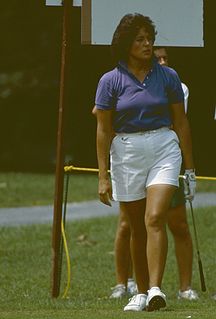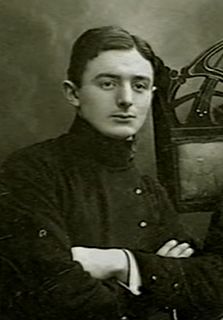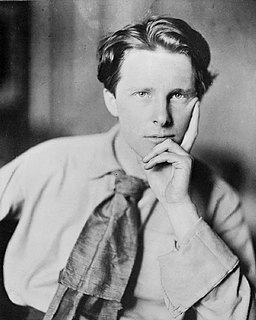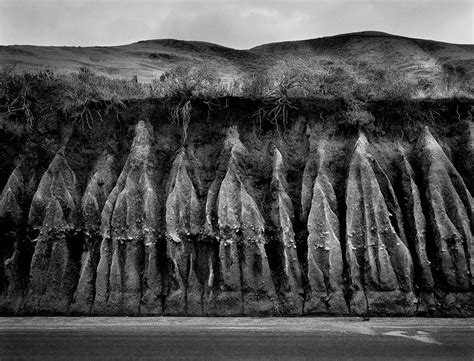A Quote by Joseph Butler
Thus there is no doubt the eye was intended for us to see with.
Related Quotes
I'm an eye. A mechanical eye. I, the machine, show you a world the way only I can see it...I approach and pull away from objects. I creep under them. I move alongside a running horse's mouth...This is I, the machine, manoeuvering in the chaotic movements, recording one movement after another in the most complex combinations... Thus I explain in a new way the world unknown to you.
When we raise ourselves through meditation to what unites us with the spirit, we quicken something within us that is eternal and unlimited by birth and death. Once we have experienced this eternal part in us, we can no longer doubt its existence. Meditation is thus the way to knowing and beholding the eternal, indestructible, essential centre of our being.
The camera is not only an extension of the eye but of the brain. It can see sharper, farther, nearer, slower, faster than the eye. It can see by invisible light. It can see in the past, present, and future. Instead of using the camera only to reproduce objects, I wanted to use it to make what is invisible to the eye - visible.
Nature doth thus kindly heal every wound. By the mediation of a thousand little mosses and fungi, the most unsightly objects become radiant of beauty. There seem to be two sides of this world, presented us at different times, as we see things in growth or dissolution, in life or death. And seen with the eye of the poet, as God sees them, all things are alive and beautiful.






































